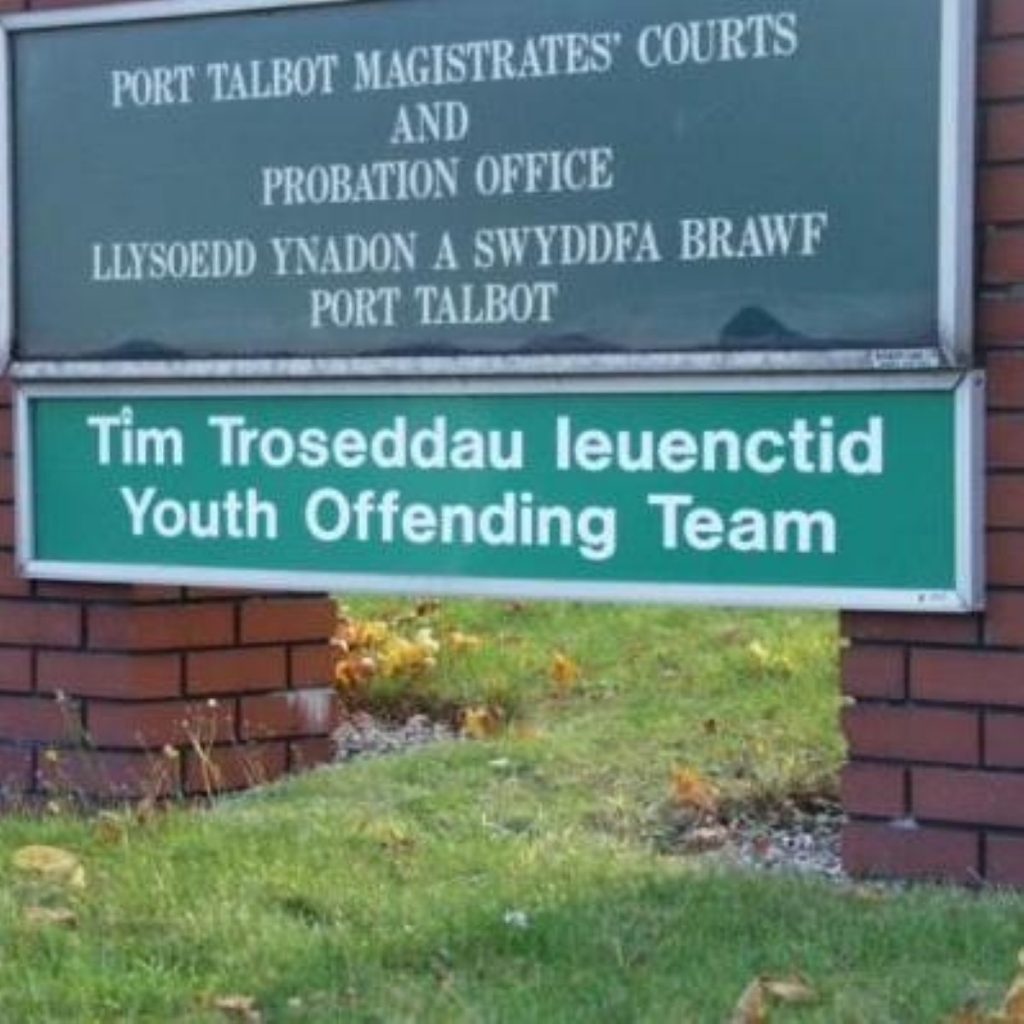Govt claims of youth justice success “overstated”
Government claims of the success of youth justice reforms are overstated, while the reforms themselves have had “no measurable impact” on the levels of self-reported youth offending, a new report claims.
The Centre for Crime and Justice Studies today published its independent audit into Labour’s reforms.
The report claims that despite substantial investment in restructuring and expanding the youth system, the overall improvements have been “far more mixed and ambiguous” than the government claims.
“Claims of significant success are overstated,” the Centre for Crime and Justice Studies reports states.


The independent charity assessed the government’s reforms since the 1998 Crime and Disorder Act, which led to the development of the Youth Justice Board and youth offending teams in England and Wales.
It found that far more children have been imprisoned than planned and youth offending teams are struggling to “meet the multiple social needs behind their offending”.
Youth crime targets have been missed with self-reported youth offending also remaining stable despite the government’s reforms.
Re-offending targets have also been missed by the government and targets to reduce the number of children in custody have failed to be met with numbers increasing eight per cent since March 2005.
Enver Solomon, deputy director of the charity and co-author of the report, said: “The government’s record on youth crime and tackling the multiple needs of children caught up in the youth justice system is less impressive than many would have expected following a wide-ranging programme of reform and substantial investment.
“This raises questions about the success of the reforms in making an impact on the number of children and young people who offend, and demonstrates that the youth justice agencies can do little more than regulate youth crime. The government has placed too high expectations on the youth justice system and should be clearer about its limitations.”
Fellow co-author and director of the Centre for Crime and Justice Studies Richard Garside added: “The government’s decade-long youth justice experiment was a bold attempt to deploy the full force of the youth justice system to tackle problematic and disruptive behaviour by young people. This new research suggests that the experiment has largely failed, if reported youth offending is the measure of success.
“As the government continues to explore ways to control public spending this research suggests that ever growing criminal justice budgets are unlikely to deliver the long-term or sustainable success.”
Since 2000-01 spending on youth justice has increased in real terms by 45 per cent.
A spokesman for the Ministry of Justice claimed there was no comment currently available.












